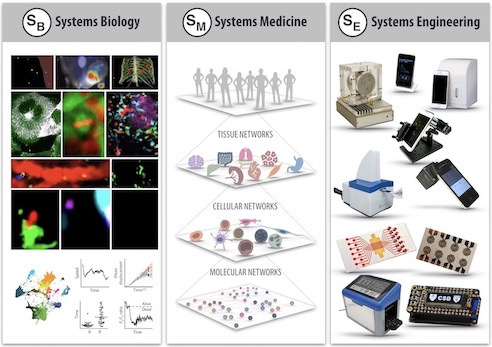Research Focus
Imagine, if we understood what the 30 trillions of cells in our body do at any given moment...
Now compare these 30 trillions of cells (not counting the microbiome!) to the earth population of 8B people (3,750 times more!). This creates a massive undertaking...
At CSB we develop innovative technologies to enable the discovery of new biology, drug targets and diagnostics.

